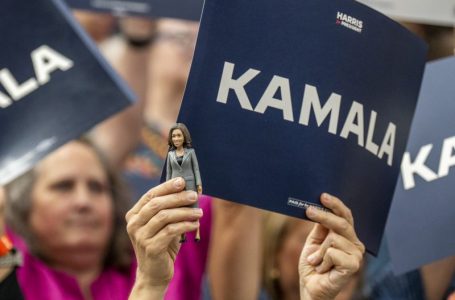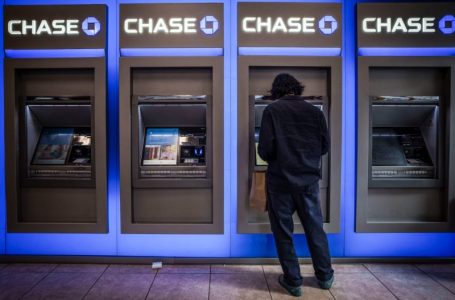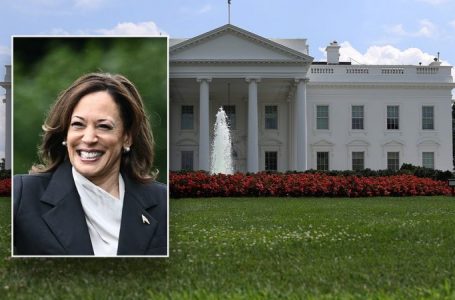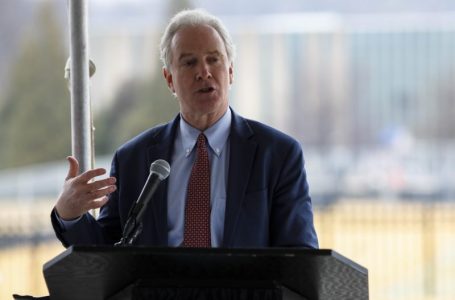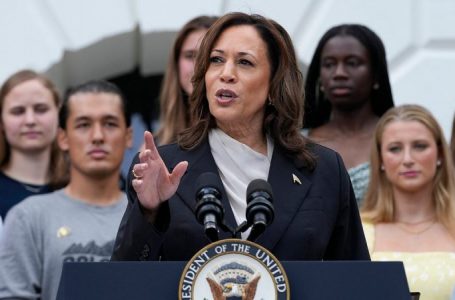Disney touts $40 billion economic impact in Florida as it battles DeSantis in court
Disney has recently highlighted its “$40 billion economic impact on the state of Florida” during a court battle with Governor Ron DeSantis over coronavirus restrictions.
The company, in filings with the First District Court of Appeals in Tallahassee, painted a visual of its emphasis on the state economy, pointing to more than 200,000 workers employed across dozens of Disney assets, including its theme parks, cruise lines, hotels and resorts, retail and dining operations, and its film and television businesses.
The filings were a response to a lawsuit filed by DeSantis last month, seeking to block the company from placing limits on its capacity and other safety guidelines for its Florida theme parks in the midst of the pandemic. Disney has long argued that it has a right to set and enforce health and safety protocols in light of the outbreak.
“Disney’s positive economic impacts are both consistent with and greater than those of similarly large and heavily lands-based private businesses operating in the state,” the company said in the documents. “Disney’s substantial presence and investments in Florida have yielded a positive economic ripple effect around the state, supporting a significant number of jobs and providing an important boost to the economy.”
Disney is estimated to supply roughly one percent of total annual economic output in Florida, providing a significant income to support local businesses, hospitality industry, production companies, character entertainment providers, and other vendors. Disney also reported fourteen billion dollars in capital expenditure in the state for the decade spanning 2008 through 2018.
DeSantis had argued in his lawsuit that the capacity limits put in place by Disney put an unreasonable burden on businesses grounding their operations in the state. He further claims that these safety guidelines exceeded authority granted to him by the Legislature on COVID-19 restrictions.
Disney argued in its filings that the capacity limits are necessary to protect its workers and guests. It has since countered with an injunction of its own, seeking to prevent the state from interfering in the capacity limits and safety guidelines. The two parties are expected to go head-to-head once again this week, as the appeals court prepares to make a ruling on the matter.

